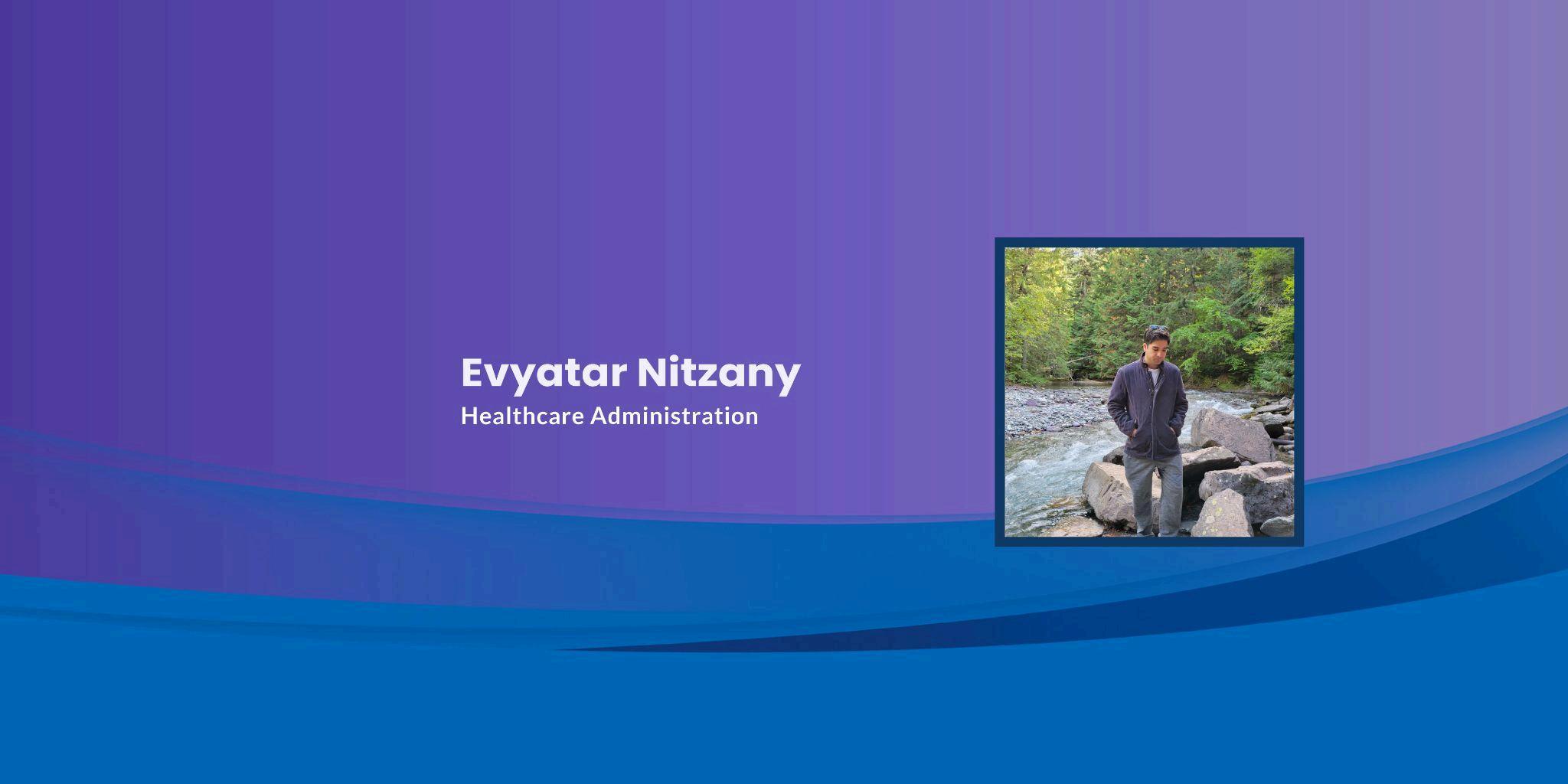Understanding Process Improvement Solutions for Medical Centers by Evyatar Nitzany

Process improvement solutions are essential tools that help medical centers enhance efficiency, reduce errors, and improve patient care quality In today’s fast-paced healthcare environment, medical professionals face growing demands for accuracy, speed, and cost-effectiveness. By understanding and applying structured improvement methods, healthcare facilities can provide better care while maintaining smooth operations, as noted by Evyatar Nitzany
At the core of process improvement lies workflow analysis Every medical center functions through a series of interconnected tasks from patient registration to diagnosis, treatment, and discharge. By carefully mapping out these workflows, administrators can identify delays, redundant steps, and communication gaps. Implementing digital solutions such as electronic health records (EHRs) or automated appointment systems helps streamline tasks and allows staff to focus more on patient interaction rather than paperwork.
Another important concept is standardization. When procedures are standardized, every team member follows the same steps, ensuring consistency and safety. For instance, creating clear protocols for medication administration or lab testing reduces the likelihood of mistakes. Standardization also makes it easier to train new staff and measure performance effectively.
Lean management techniques offer valuable strategies for process improvement. Lean principles focus on eliminating waste whether it is unnecessary movement, waiting times, or misused resources For example, reorganizing supply storage or redesigning patient flow paths can save valuable time and energy. These small but meaningful changes lead to more efficient use of hospital resources and improved patient satisfaction.
Data plays a crucial role in continuous improvement. By analyzing key performance indicators such as patient wait times, treatment outcomes, or staff workload, managers can make informed decisions. Data-driven improvements encourage accountability and support proactive planning, helping medical centers anticipate future needs.
Effective communication and teamwork are the foundation of lasting improvement. Encouraging open feedback, sharing ideas, and involving all staff members in problem-solving ensures that progress is both collaborative and sustainable
Process improvement solutions empower medical centers to operate more efficiently and deliver safer, higher-quality care. Through the integration of technology, standardization, lean methods, and strong teamwork, healthcare organizations can continuously evolve and meet the growing expectations of modern patient care
